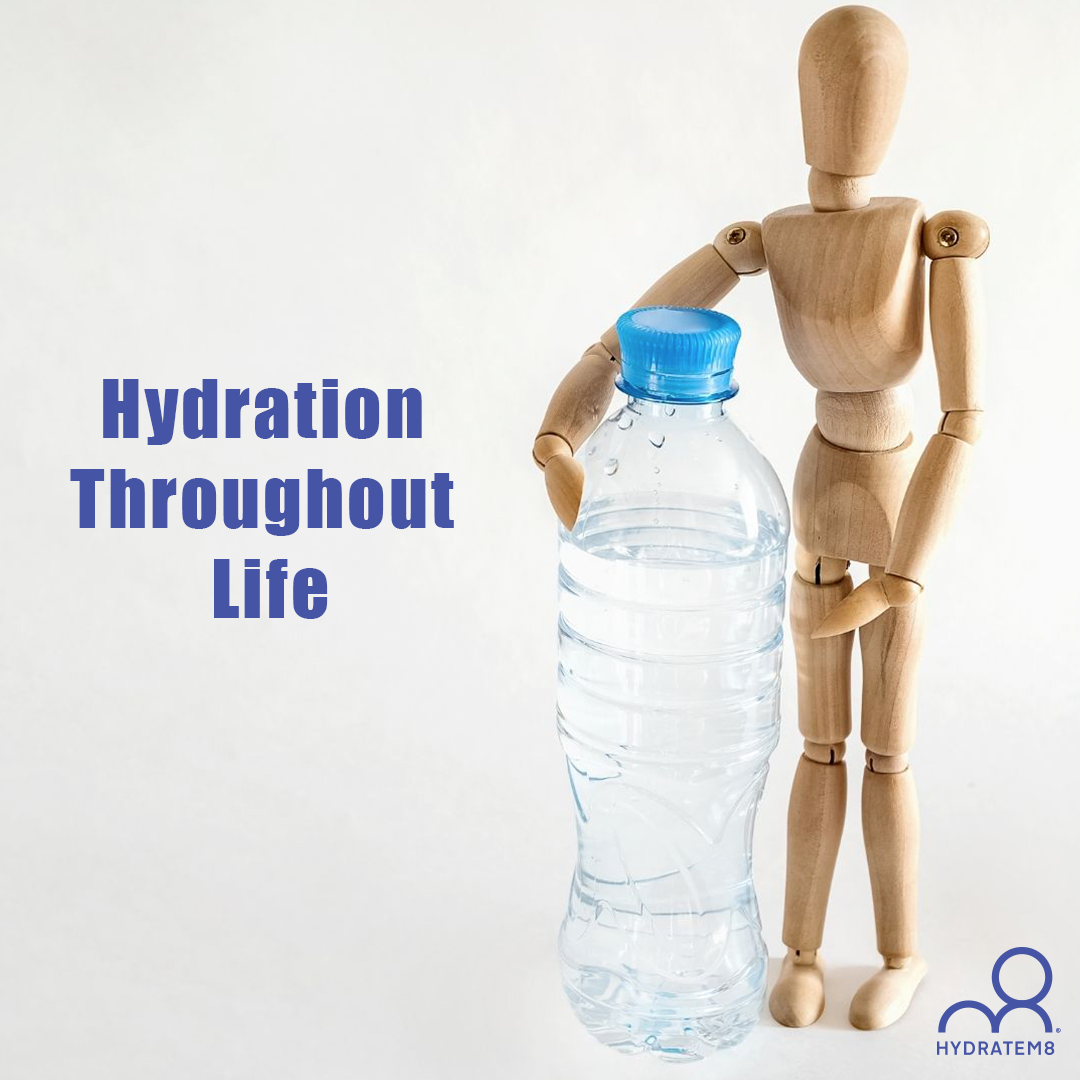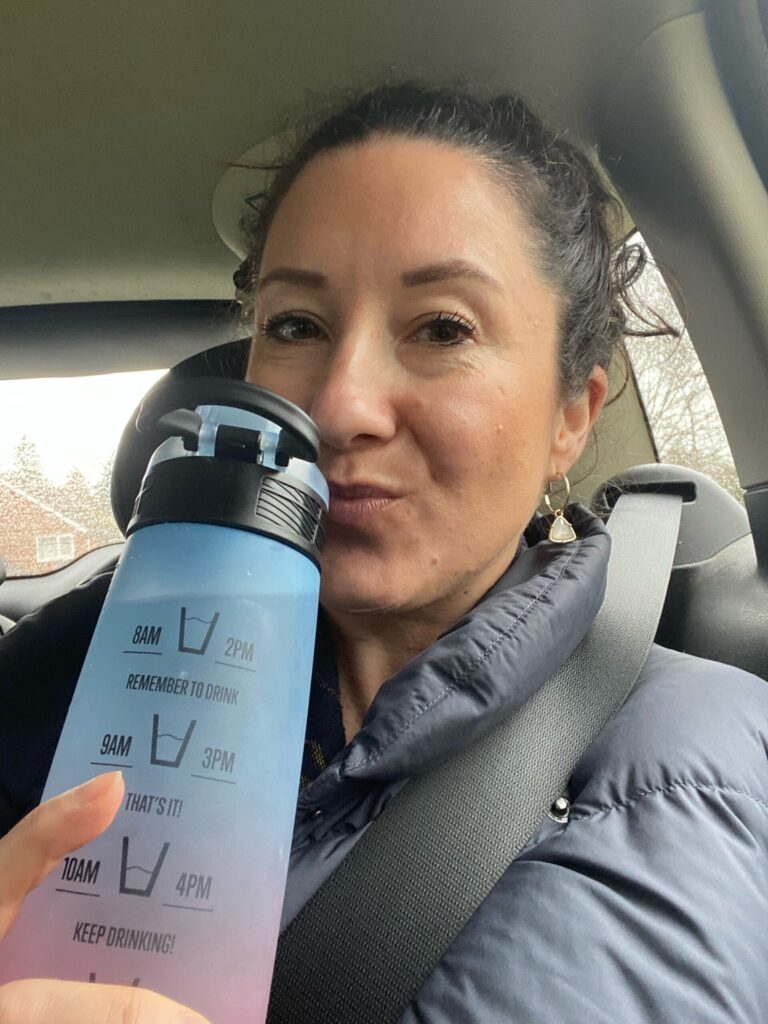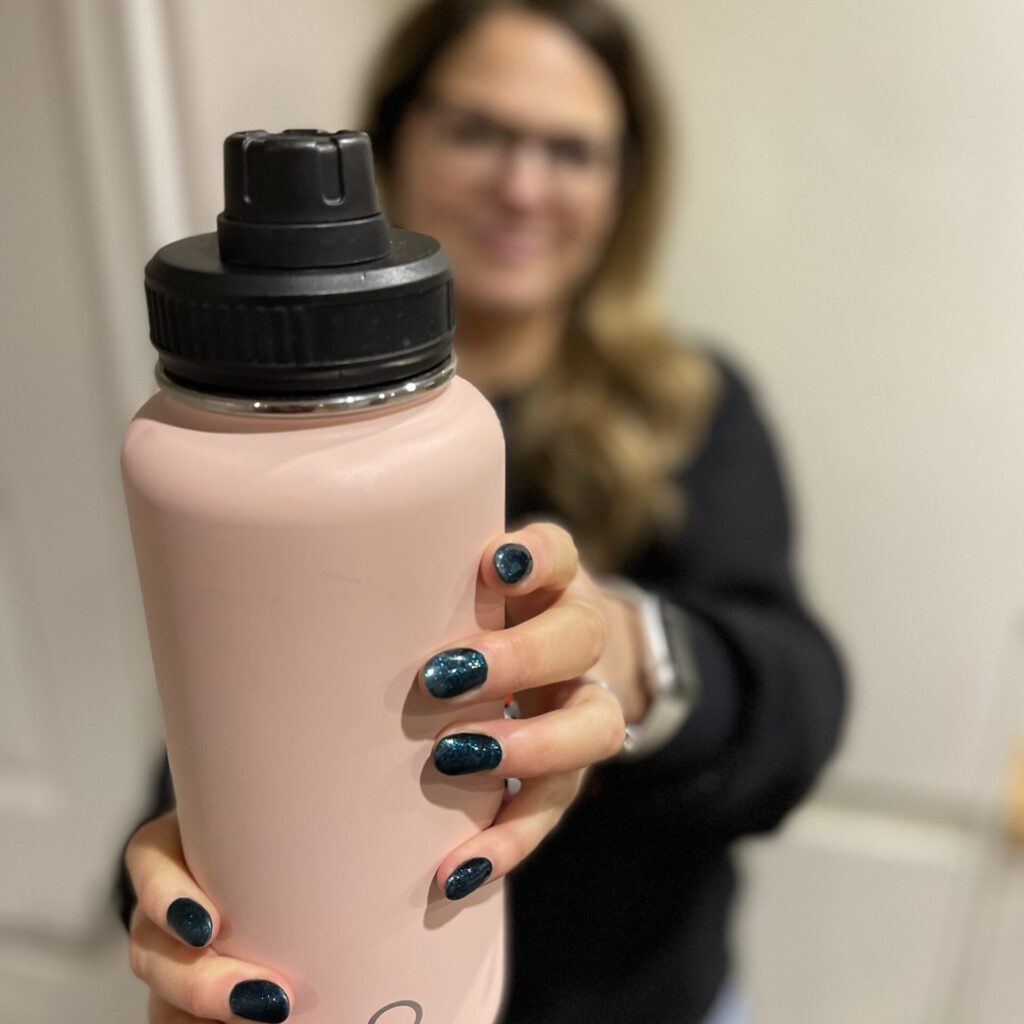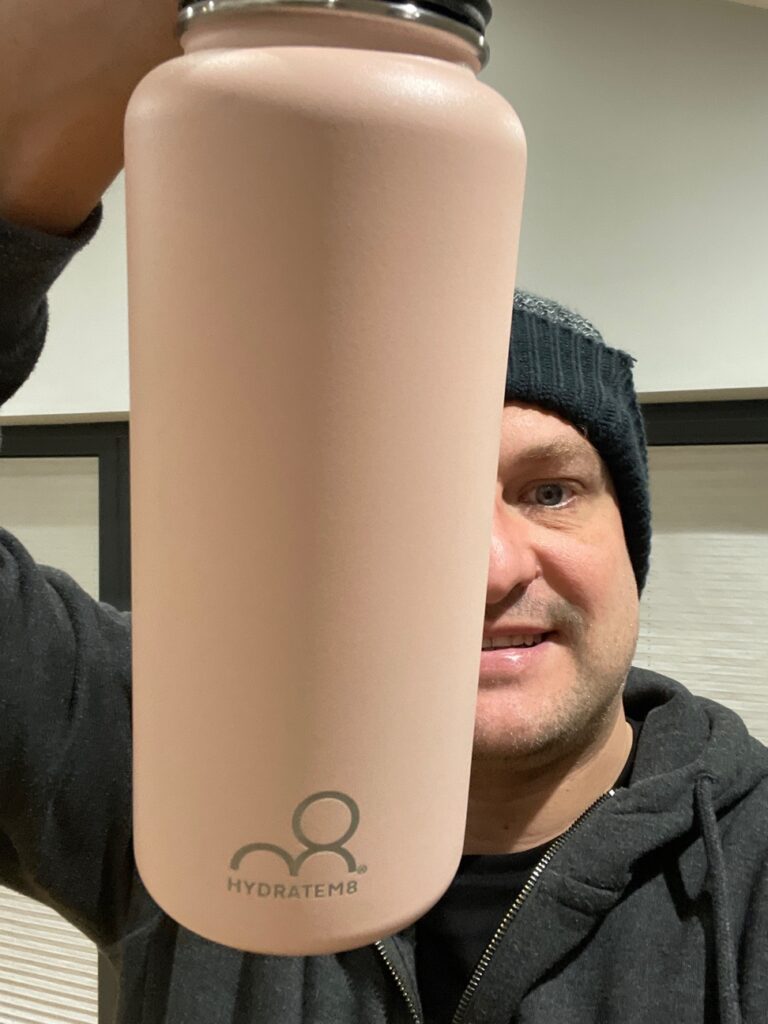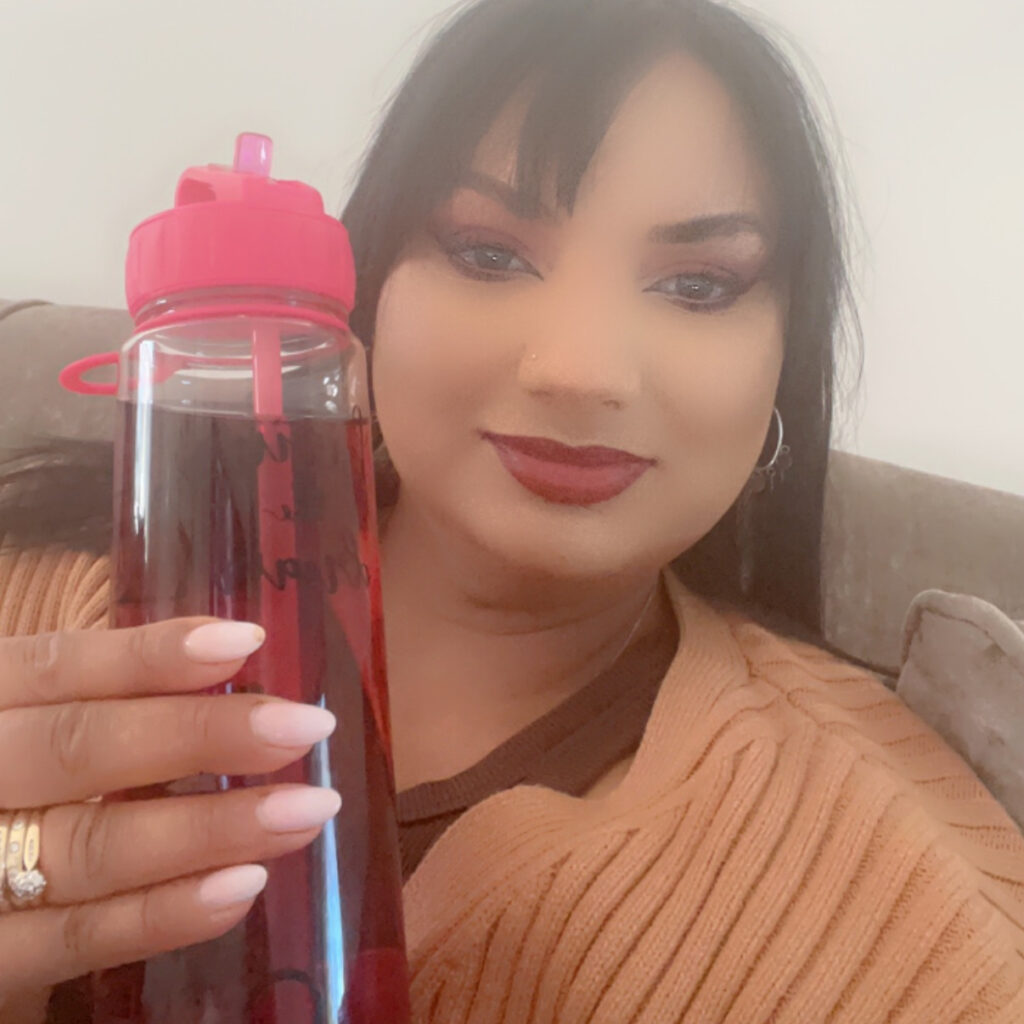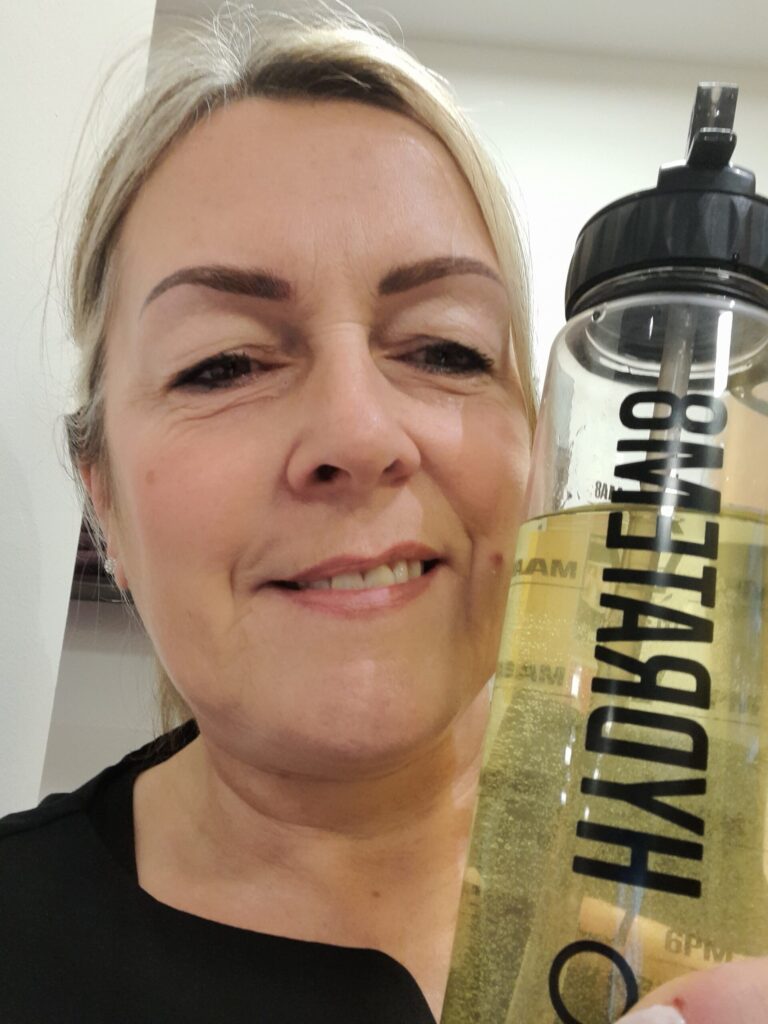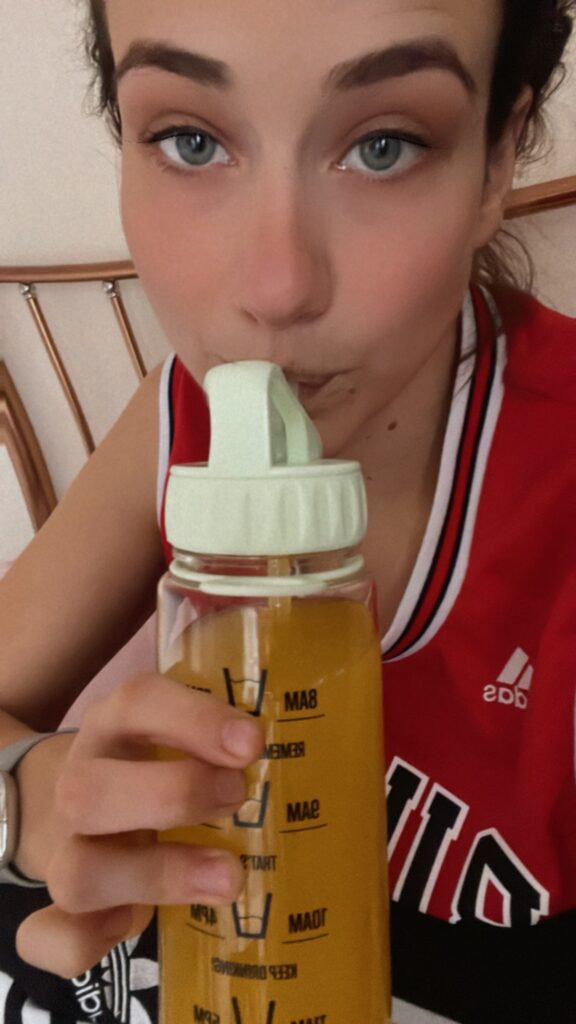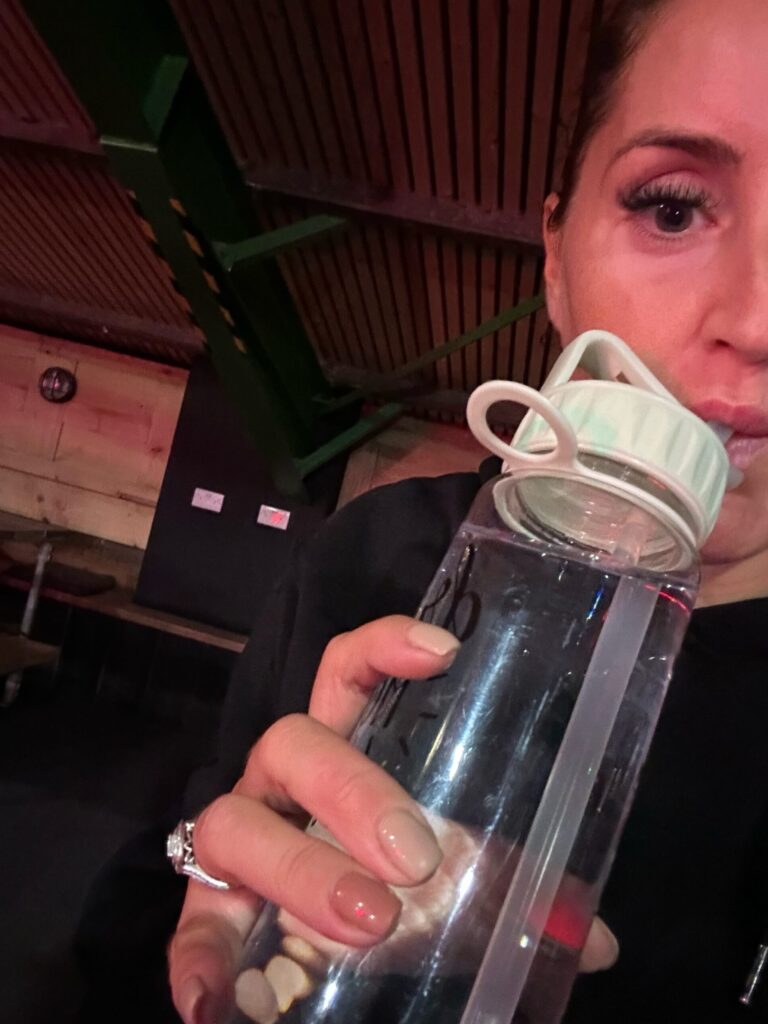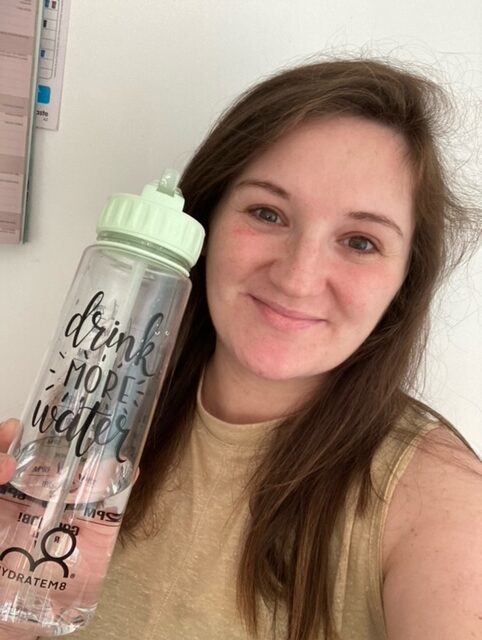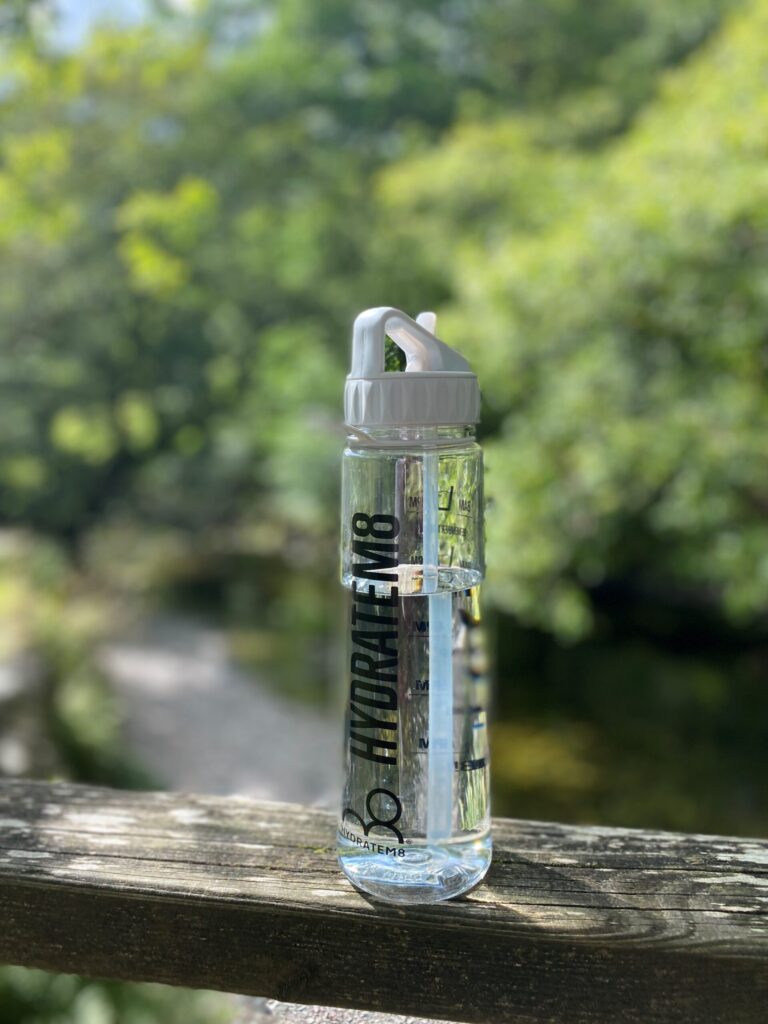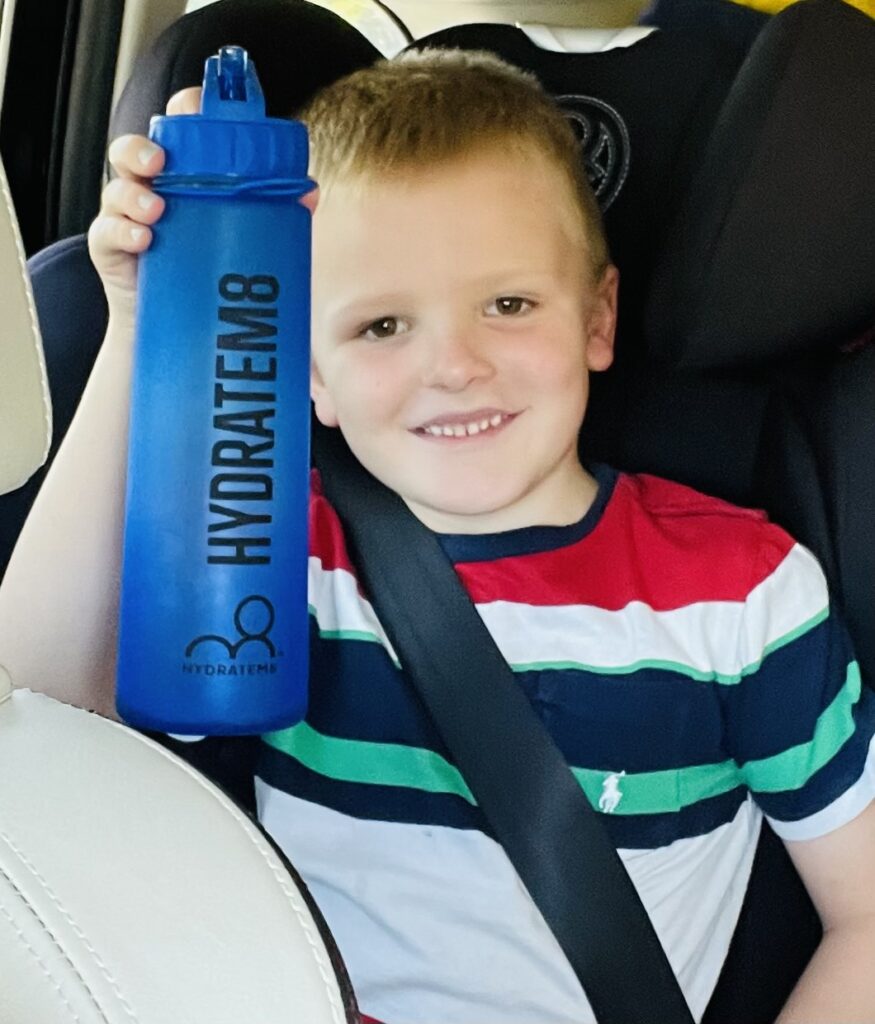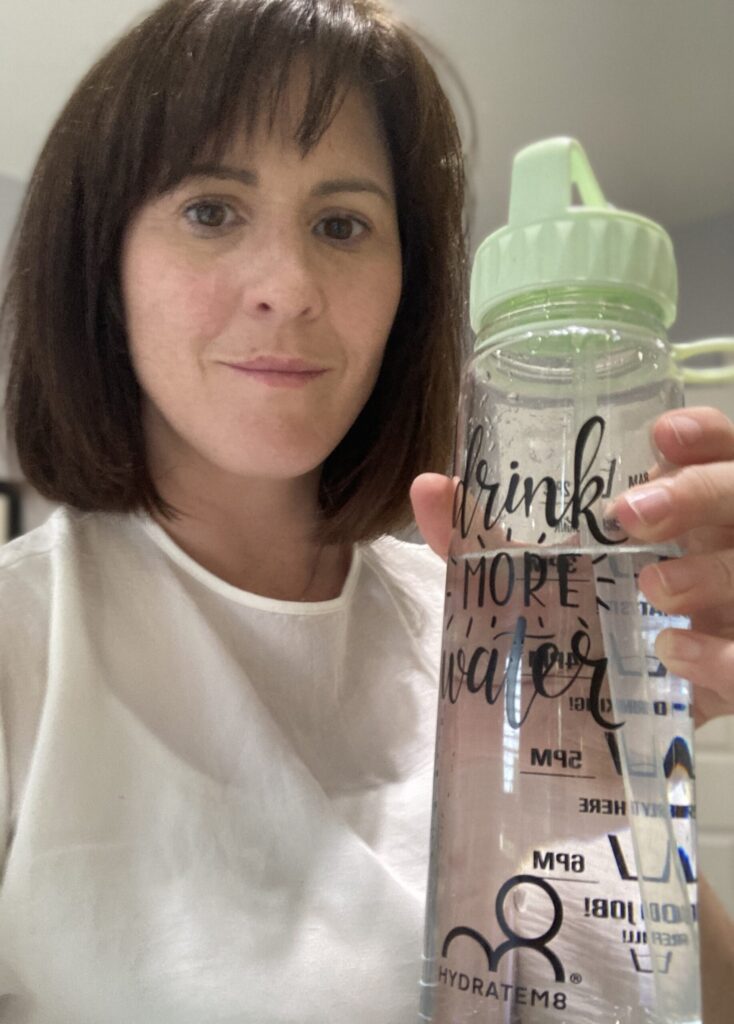The amount of water you need varies depending on a lot of things. One, of course, is your activity level – someone who is constantly active and-on-the-go will need more fluids than someone who has a very sedentary lifestyle. Other variables include the temperature, whether an individual is suffering with any illnesses, and pregnancy. Did you know, that your water needs also vary at different stages of your life?
Babies
Before the age of six-months-old, babies get all the hydration they need from breast milk or formula. Giving water to your baby puts them at risk of over-hydration, diarrhea and also increases the chances of them refusing their milk, which could lead to them becoming malnourished. Once you start introducing solid food, it is a good idea to start offering sips of water too.
Children
Once your baby is over a year old, their hydration needs increase. The official guidelines suggest six glasses of water a day, with younger children using smaller glasses of no more than 150ml and older children using larger glasses around double the size. While fruit juices and squashes can make up a small portion of these drinks, nutritionists recommend pure water is the basis of good hydration.
Teens
Once your child hits the age of 14, it is a good idea to add an extra glass of water into their daily routine. Puberty is a busy time for the body and the extra hydration will help keep everything working properly as your child starts to blossom into adulthood.
Young Adult
As you get older, the hydration requirements start to get a little different for men and women. Men need to try and consume around 13 glasses of water a day to meet their needs, while women need only nine. The exception, of course, is during pregnancy when mums-to-be will be hydrating for two – an extra glass of water should be sufficient. When breastfeeding, however, she will need around 13 glasses of water a day.
Senior Adults
As you age, your hydration needs will vary according to your general health. It tends to be, that the older we get, the more physical ailments we suffer with, which leads to more medication on a daily basis. These prescriptions can be a lifeline for many, but they also have a dehydrating effect on the body, which needs to be offset with extra hydration. While the official guidelines do not change for seniors, it is important to make the adjustments you feel are necessary to ensure adequate hydration.
No matter what stage of life, good hydration is important to ensure all the bodily functions are working to the best of their ability. Keeping your fluids topped up will help you to feel healthy and in top form.

